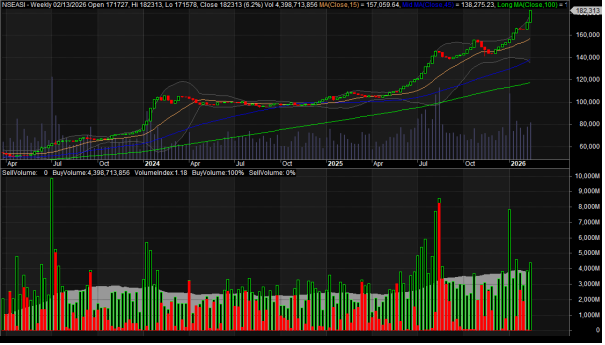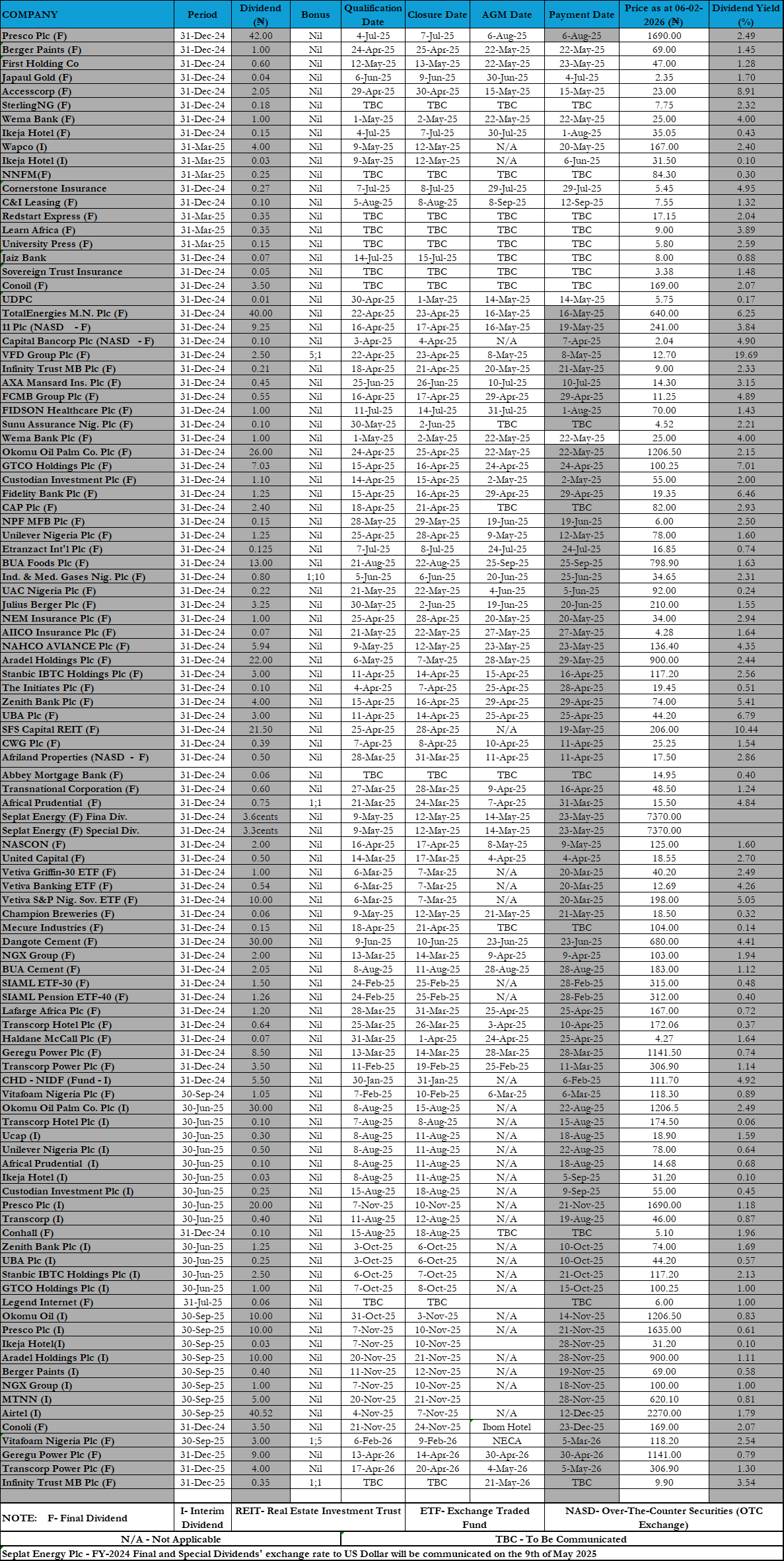
• Lament Dwindling Real Sector Lending By Banks
The Central Bank of Nigeria (CBN), on Tuesday gave insights into arguments that influenced the decision of its 10 voting Monetary Policy Committee (MPC) members at its 262nd meeting between July 23 and 24, 2018 through their personal statements.
The committee voted Seven of 10 to retain the benchmark Monetary Policy Rate (MPR) at 14% alongside all other policy parameters, while the two others opted to raise MPR by 50 basis points, while one voted to increase the MPR by 25 basis points. Members also voted to retain CRR at 22.5%; Liquidity Ratio at 30%; and the Asymmetric corridor at +200 and -500 basis points around the MPR.
Prof Adeola Adenikinju, a member, for example, the fiscal positions remain “a source of major concern,” amidst the high deficit in the 2018 budget, leading to the conclusion that “we are just not building buffers in a period of high oil prices.”
In summary, he lamented: “We are also not living within our means,” at a time “components of government revenues continue to underperform while non-capital expenditure remains fairly sticky downwards in the first quarter of 2018.”
As if these were not bad enough, Adenikinju, a professor of Petroleum Economics at the University of Ibadan, is worried more so, “about the low efficiency of the government capital expenditure, which could provide a boost to the real sector, the rising fuel subsidy claims by the NNPC (Nigerian National Petroleum Corporation), the emergence of inflation pressure, the proposed increase in minimum wage, the uncertain fate of the PIB, the underperforming of the power sector and rising debt service component of the 2018 budget.”
All of these, he continued, are happening at a time credit growth to the private sector is negative, despite the continued rise in deposit and asset values of Nigerian banks, a situation he argues, “is unacceptable in the face of huge unemployment and relatively low capacity utilization in the industrial sector.”
There is no need looking too far for the cause, he continued, as bank’s operating costs remain unacceptably bloated and continues to keep lending rates unacceptably high,
“which may affect the efficacy of simple reduction in the MPR. Lending rates
seems asymmetric to MPR changes under the current economic situation.”
Worse still, he lamented, “the low appetite for risky investment and flight to safer fixed income assets is a source of concern to unlocking credit to the economy.”
He therefore expressed support for the CBN to explore unconventional ways of unlocking credit to the private sector by exploring smart use of monetary instruments and other methods.
Mrs. Aishah Ahmad, a deputy governor and committee member, noted the decline in new credit to the private sector, while “interest rates remained higher than ideal levels required to stimulate new investment.”
Meanwhile, she said a “review of industry profitability indicates tightening margins; with lower interest earned – as yields on government securities moderate – and higher interest expense – as industry liabilities grow.
“For instance, Interest margin to total operating income has declined on average since December 2017. Hopefully, the quest to retain margins will help refocus banks to increase lending to the real sector.
Fiscal spending from the budgeted N9.1tr for 2018 fiscal year, she expects, would help expand economic activities, through improved household income and capital expenditure.
Ahmad however expressed concerns over the recent reduction in Nigeria’s oil production, which “if unchecked, may impact earnings and increase the likelihood of a higher deficit which also threatens ability to build fiscal buffers.”
She equally called for the curbing of expected large liquidity injections over the second half of through “cautious monetary policy decisions, to forestall reversing the disinflation gains recorded so far.”
In his on submission, Dutse Mahmoud Isa, also a member said the poor lending to the private sector is despite the excessive liquidity in the banking industry, which boasts of a 46% ratio as at June 30, 2018, which is above the 30% minimum Prudential Requirement.
“Industry data and complaints from real sector operators indicate weak lending by the banks, especially to the non-oil sector directly contributing to the weak economic recovery.
Joseph Okwu Nnanna, a deputy governor, expressed worry over the weaker than expected growth trajectory, leading to a “persistent high rate of unemployment – especially, amongst the youth (which) remains a challenge.”
He argued in favour of a derisking of lending to the SMEs and MSME subsectors as a paramount policy priority in the near term,” at a time risk aversion by commercial banks in the country has become worrisome.
The weaker than expected growth, he stressed, as led to persistent high rate of unemployment – especially, amongst the youth remains a challenge.
But as if offering a reason for the risk aversion by banks, Nnanna noted the high ratio of non-performing loans (NPLs) Nigerian banks continue to grapple with.
“While the recovery in oil price offers hope to the banking industry, this may not likely impact on lending and asset quality in the near term. Consequently, the combination of rising oil price, settlement of federal government contractual obligations to the private sector creditors including stronger economic growth may reduce NPLs, improve asset quality and sustain financial system stability,” he added.
Prof Mike Obadan, in his submission believes it is not to late for government to use the huge opportunity offered by rising crude prices “to build critical fiscal buffers and invest extensively in public infrastructure to improve the investment climate and improve welfare.
“Indeed, the rising oil prices has fed into the economic recovery of the country, promoted stability in the exchange rate and moderated the price levels with the inflation rate decreasing from 12.48% in April 2018 to 11.23% in June.
“However, on the flip side, considering the heavy dependence of the country on imported petroleum products, the rising prices of crude oil will result in increased prices of petroleum products imported into the country with implications for the inflation rate,” which underscores the need for Nigeria to develop domestic refining capacity and minimize importation of refined products.
“And given the known instability/volatility of the crude oil market, the country must learn from its past mistakes, save part of the earnings and prudently deploy oil resources to diversify the economy as a basis for sustainable sources of foreign earnings,” he added.
CBN Governor and MPC chairman, Godwin Emefiele admitted that there is poor supply of credits to the private sector, reflecting “the risk aversion of banks in the face of high NPLs (Non-Performing Loans),” as a result of which the private sector, “needs to be sufficiently de-risked in order enhance its risk standing, accelerate economic diversification and ensure inclusive growth.
Commenting on the rising public debts, Robert Asogwa, another MPC member reiterated the threat in the midst of declining government revenue, in the face of provisional fiscal data showing that as at June 2018, “total fiscal revenues still fall below the target, thus paving way for further accumulation of both domestic and possibly external debt.”
The debts are a source of worry, warning once again that “once these debts are not backed by highly productive assets, it can pose serious financial risk which portends future danger for the entire economy.”













